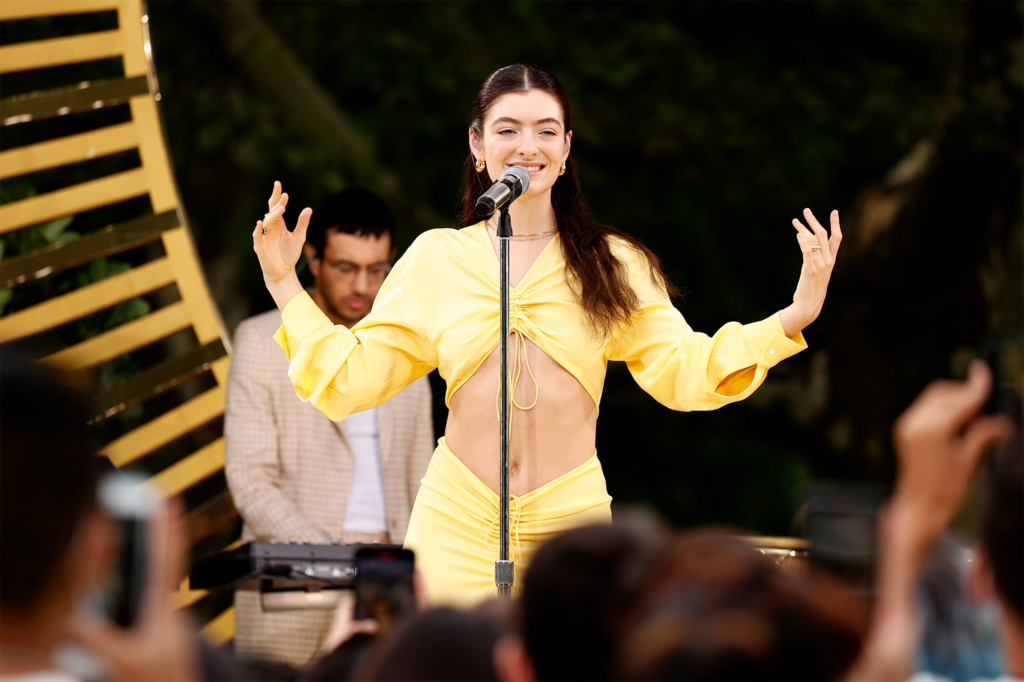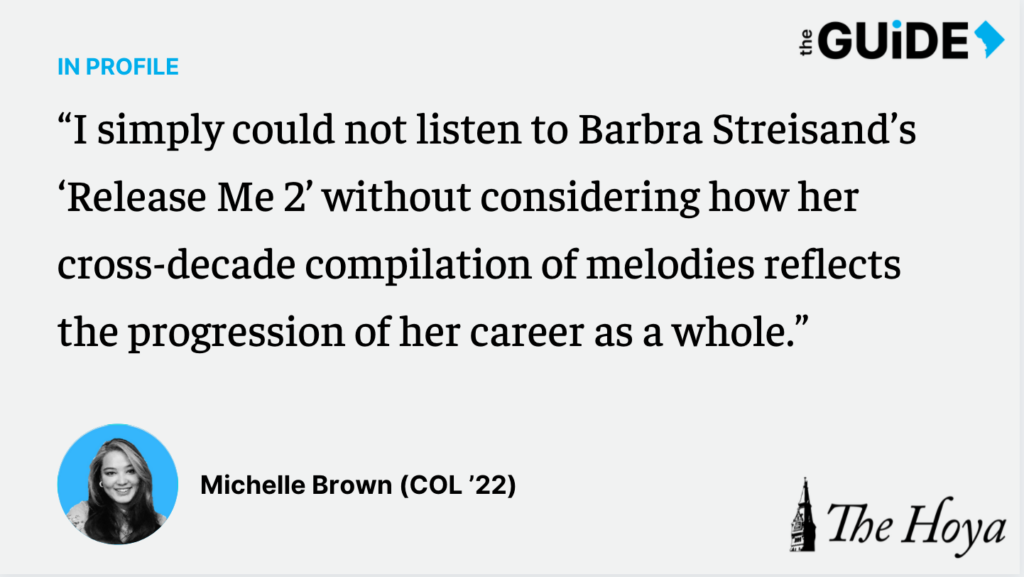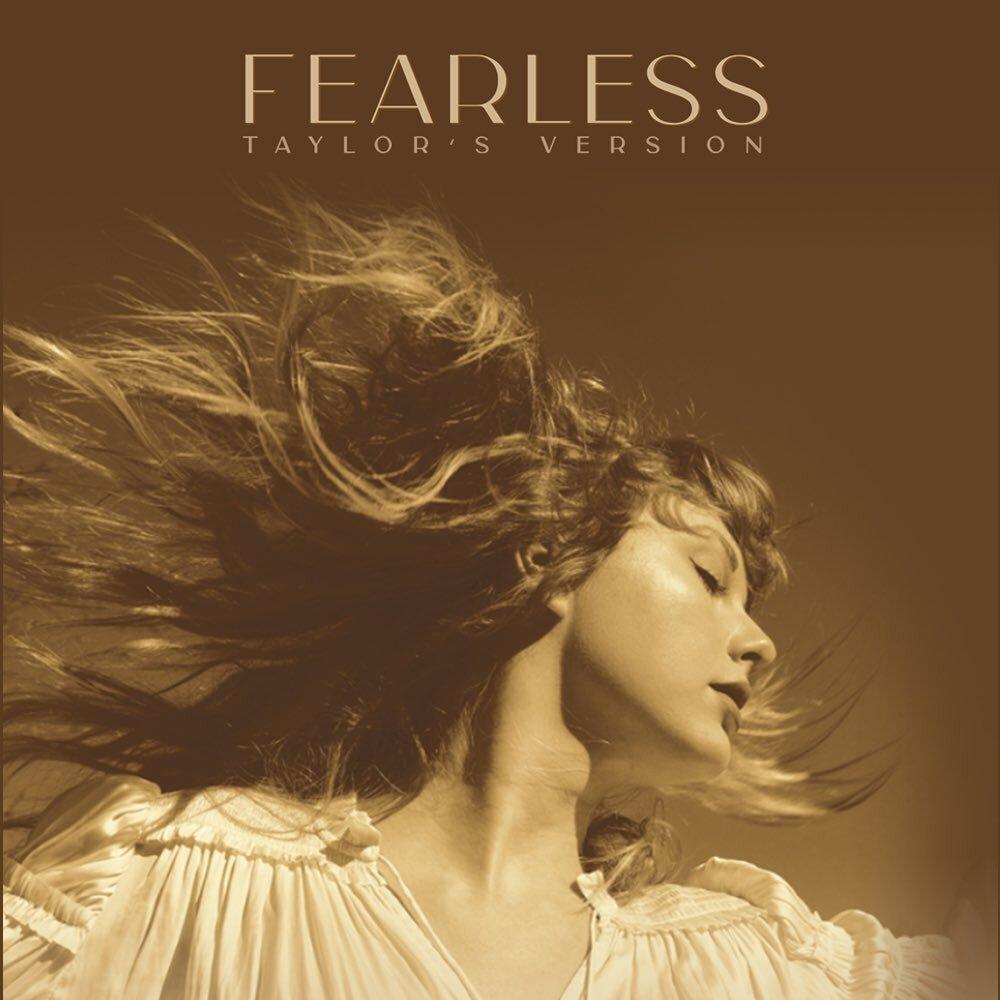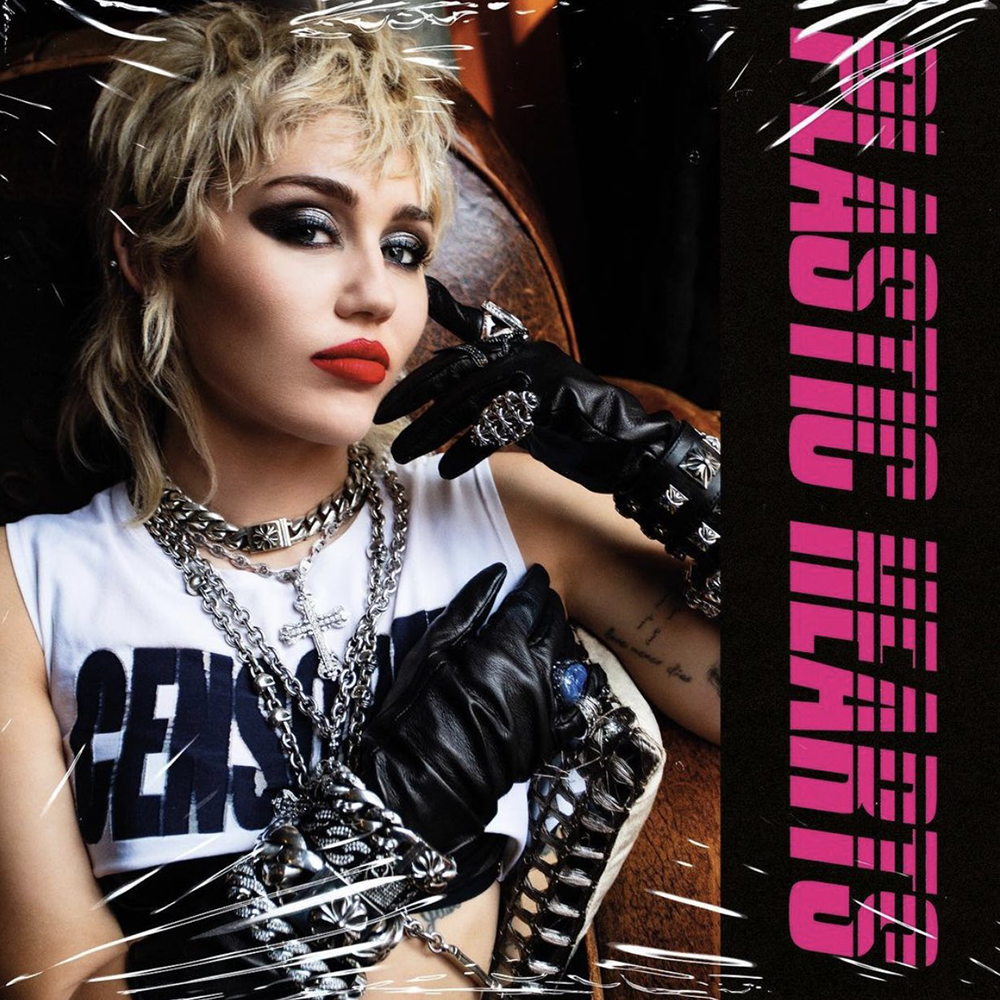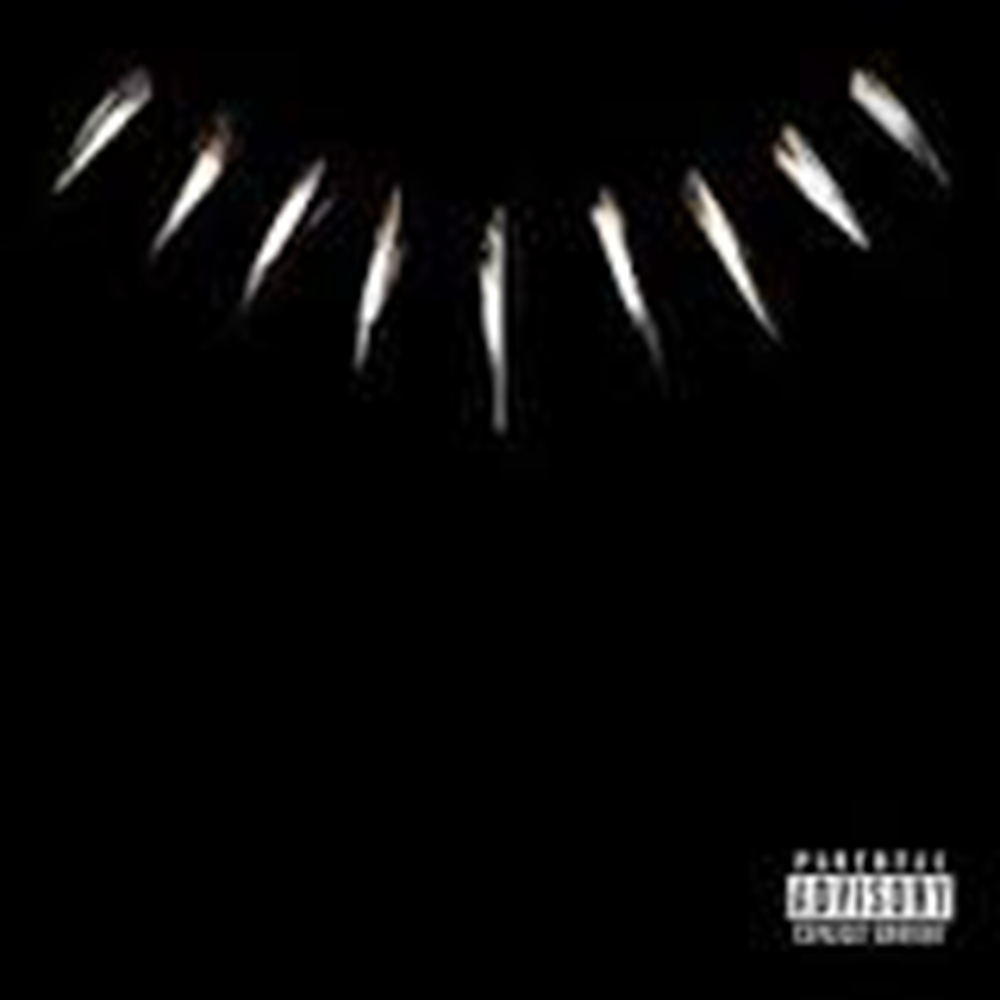
With the hype surrounding the release of Marvel’s 2018 film “Black Panther,” which features a predominantly black cast and is currently the seventh highest-grossing film ever in the United States, the pressure to make an album worthy of a billion-dollar film was tremendous. With a star-studded lineup and a variety of sounds curated by rapper Kendrick Lamar, “Black Panther: The Album” does not disappoint.
Choosing Kendrick to lead the album was a brilliant decision. The modern rap icon was happy to step away from the main stage and place the limelight on a variety of acts. Officially, he is featured in five songs, but his imprint is left on the entire album as he weaves in and out of every track. His input on other artists’ songs is reminiscent of his work in “DAMN.” He successfully plays the role of curator as well as writer as he has writing credits on all 14 tracks.
The result of his efforts? An album that perfectly corresponds with the film in both form and function.
The way the film portrays a variety of black experiences makes “Black Panther” special. The movie does not fall guilty to the Hollywood curse of applying a single story to a wide range of characters. The same complexity is present in Kendrick’s album. By not confining itself to solely one genre, instead “Black Panther: The Album” opts to bring many different musical styles and cultures together.
Since the album serves as part of a Marvel project intended to appeal to a wide audience, it is only natural that the biggest names contributed to its most pop-inspired tracks. Both SZA and Kendrick handle “All The Stars” with a grace that ears from all backgrounds can appreciate.
The record’s closer, “Pray For Me,” displays The Weeknd’s further forays into the pop world. Although his voice complements Kendrick’s well, this track was arguably not the best way to close out the album. This might be because Kendrick is more accustomed to taking a thematic, cohesive approach to his albums, a formula that “Black Panther: The Album” does not follow.
With regard to the rap on the album, Kendrick clearly gives the artists a high level of creative freedom. Sacramento group SOB x RBE brings precision and energy to “Paramedic,” a hard-hitting track that demands to be played. The upbeat, flute-filled “Big Shot” features a joyful Travis Scott. The album’s second single, “King’s Dead,” works wonders by integrating two rappers, Jay Rock and Future, who take distinct approaches to rap: The former relies on lyrical deftness, while the latter drenches his vocals in Auto-Tune and delivers meme-able squeaky bars.
What makes this album remarkable, though, is not just the introduction of new musical styles. The way Kendrick synthesizes South African and American sounds to create perfect matches is incredible. Take, for example, Babes Wodumo. The self-professed queen of Gqom, a genre of electronic house music from Durban, South Africa, was able to use her concretely South African style to help Bakersfield, Calif., singer Zacari experiment with a new sound on the track “Redemption.”
Sjava’s emotional effort in “Seasons” was a brilliant supplement to Mozzy and Reason’s bars. The fact that they sang in Zulu further contributes to the pro-African spirit that the film proudly exhibits. Those who sing and rap on their tracks in English, like Saudi and Yugen Blakrok, also display their dexterity.
Much of the lyricism in the album covers important personal and political material. In “Bloody Waters,” Ab-Soul describes the first time he witnessed a shooting: “I had to be about 9 when I first had seen it…they had a disagreement, they had to air it out.” Near the end of the album, Mozzy laments issues that plague black Americans in the 21st century, rapping “Trapped in the system, trafficking drugs / Modern-day slavery, African thugs.” In other cases, listeners are presented with love songs, like Khalid and Swae Lee’s “The Way” and Jorja Smith’s “I Am.”
Regardless of genre or lyrical theme, Kendrick and the slew of guests appear comfortable on every track. Their confidence is partly a result of the consistency in production. Most of the songs were produced by Top Dawg Entertainment’s in-house producer Sounwave, a long-time collaborator with Kendrick. Some might view this as detracting from the album; not only is the production mainly TDE-based, but there is not much geographical diversity regarding the artists as the majority hail from the American west coast.
As a whole, though, “Black Panther: The Album” corresponds well with the film as part of a watershed moment in diversifying Hollywood’s representation of black culture, in addition to standing as a testament to Kendrick’s skill as a curator and the versatility and talent of black musicians.









